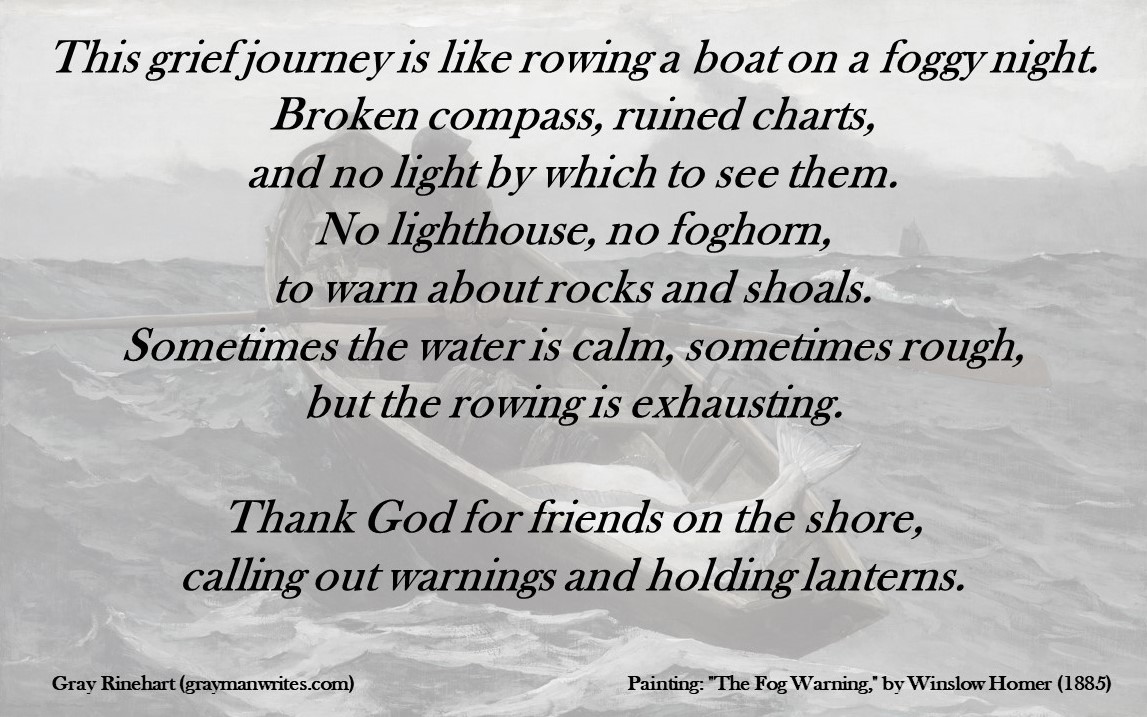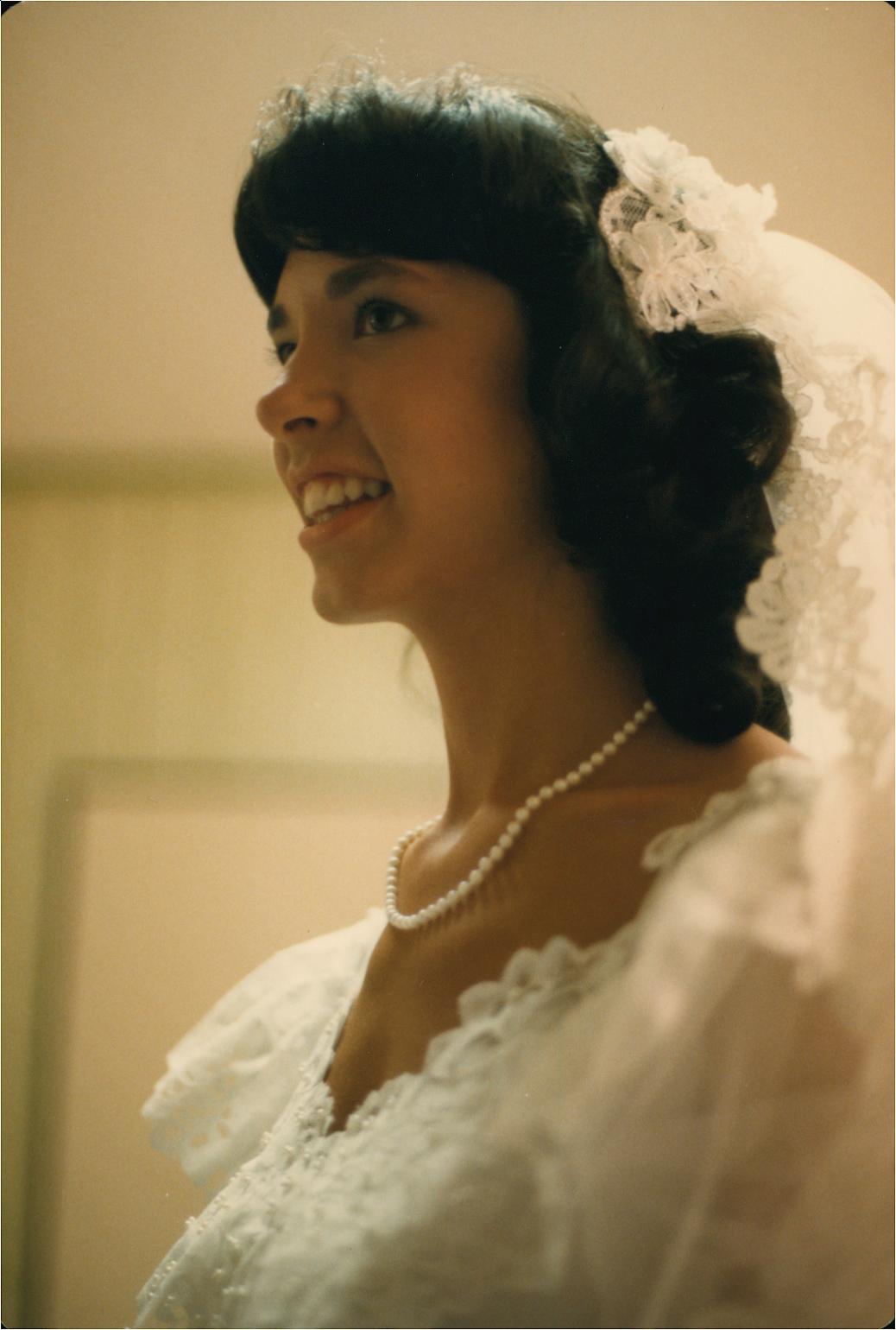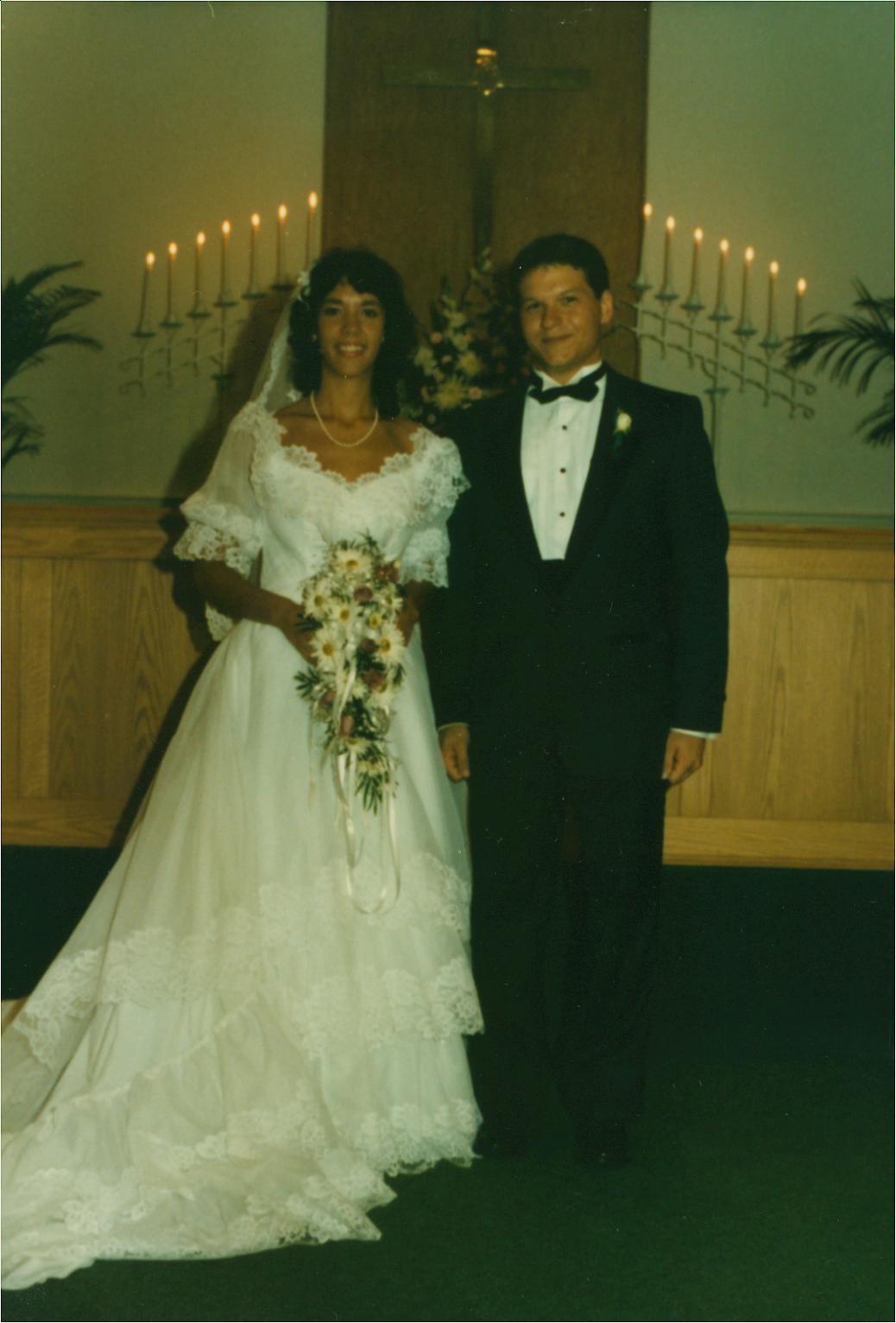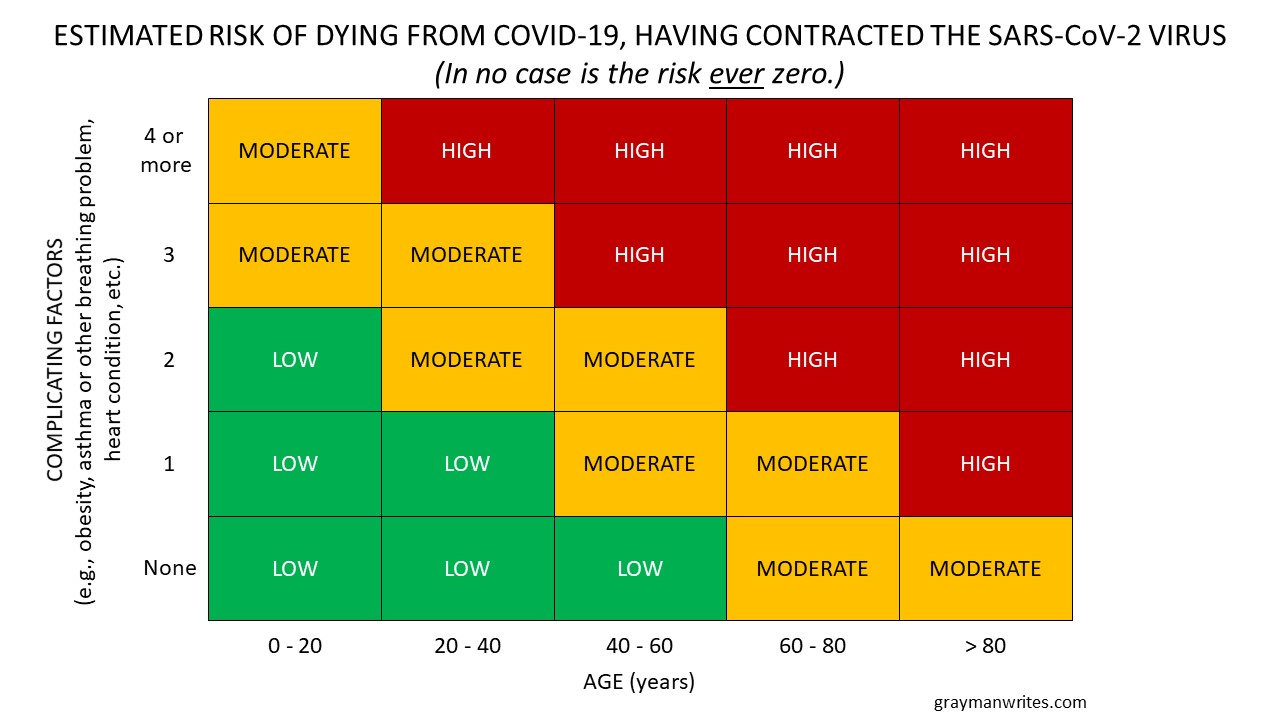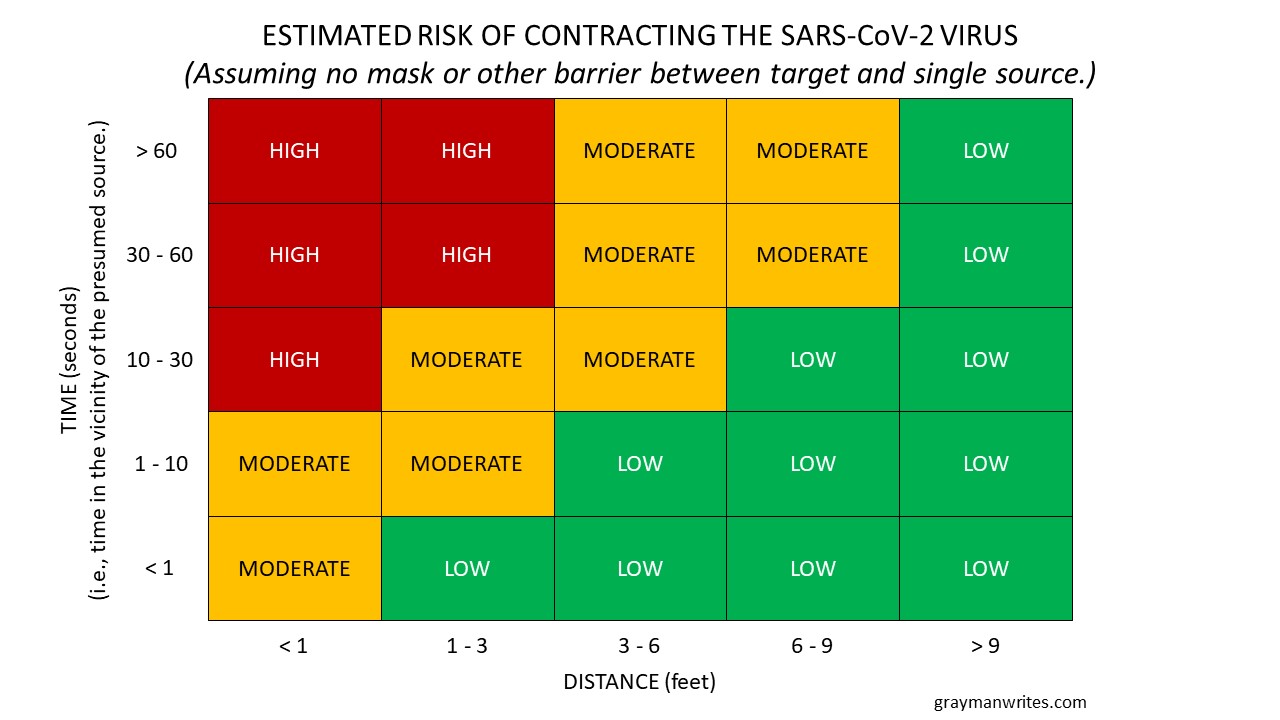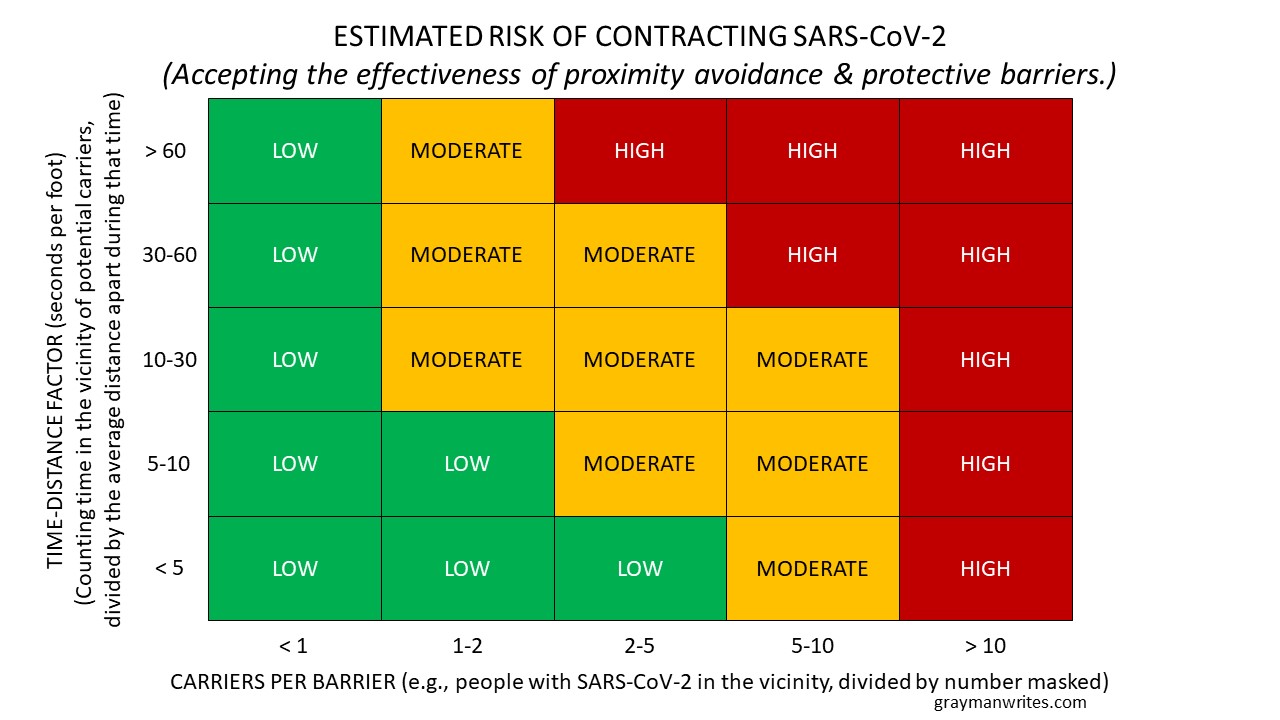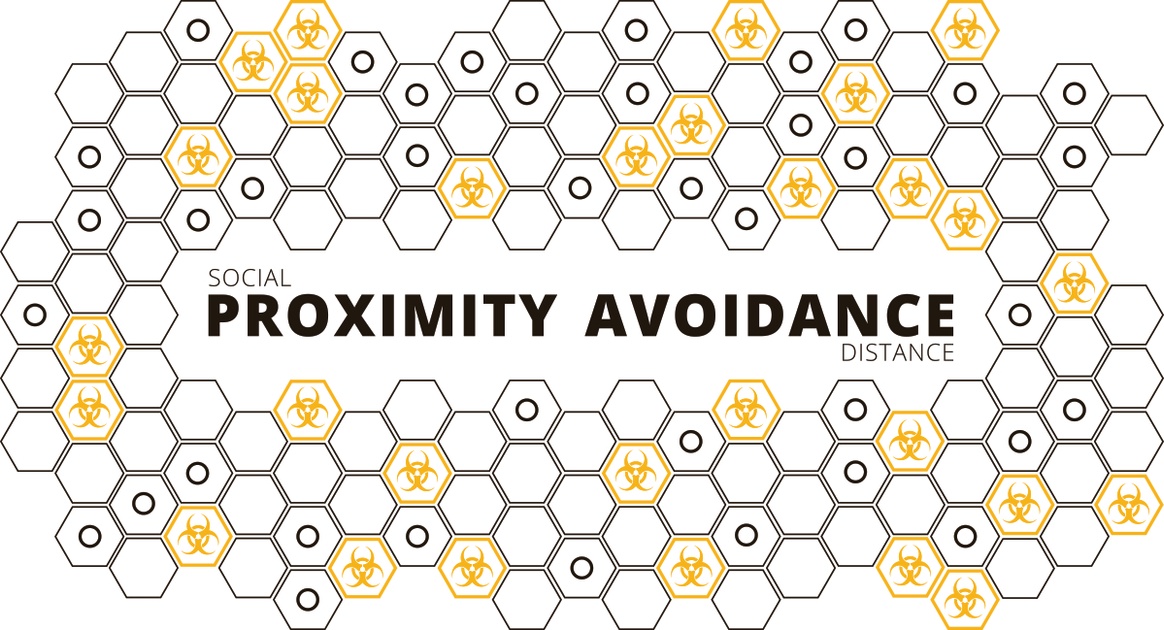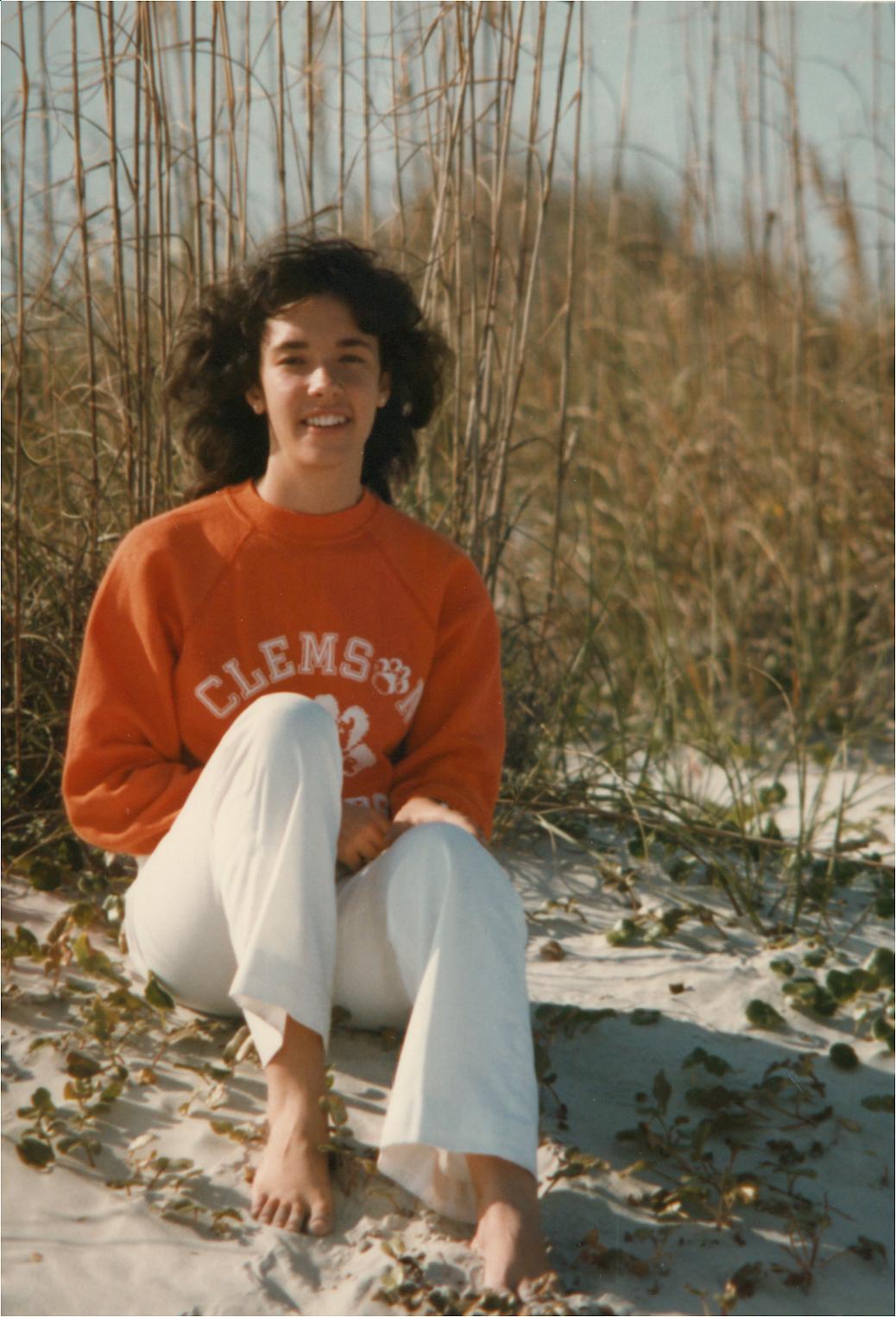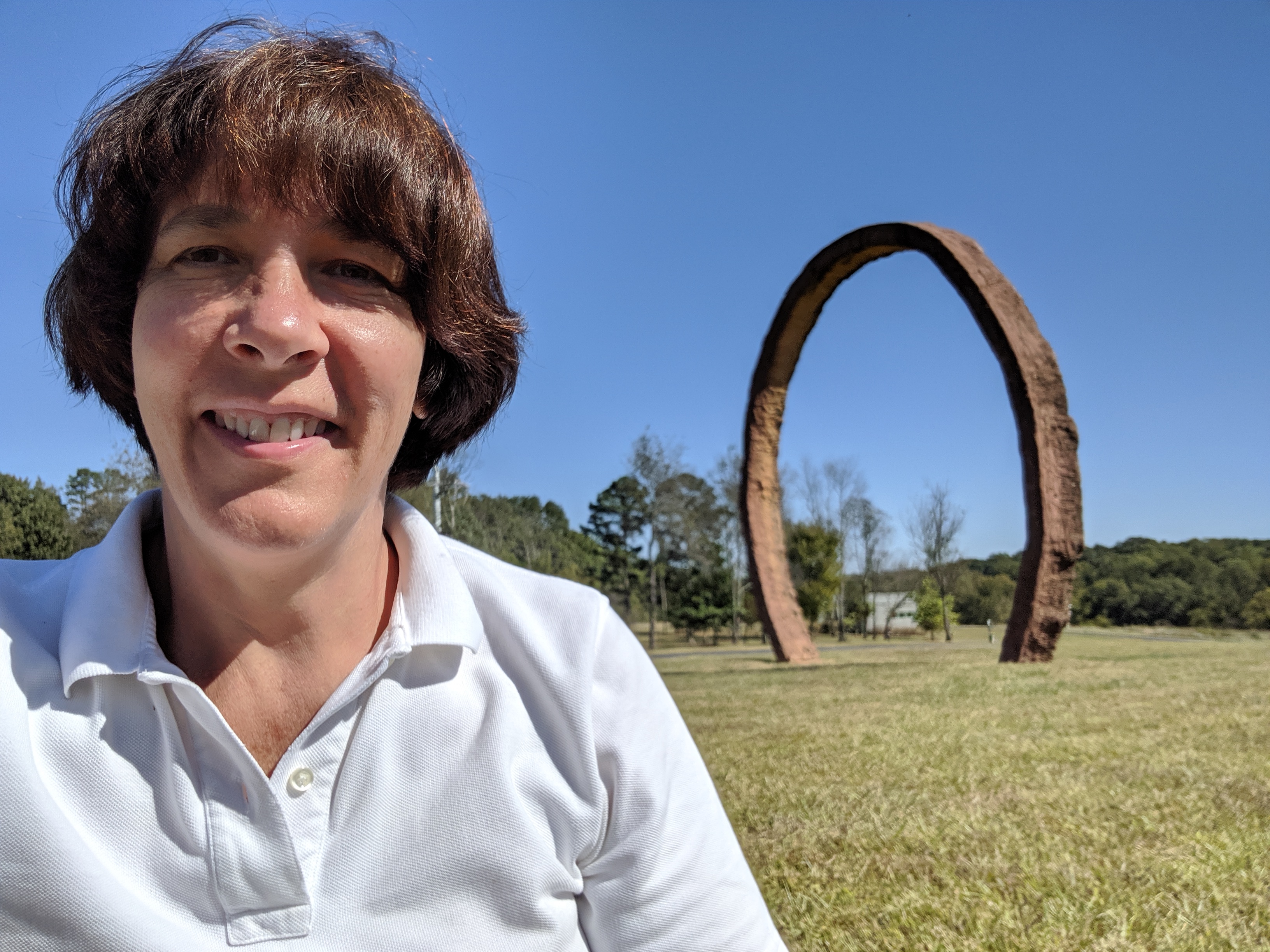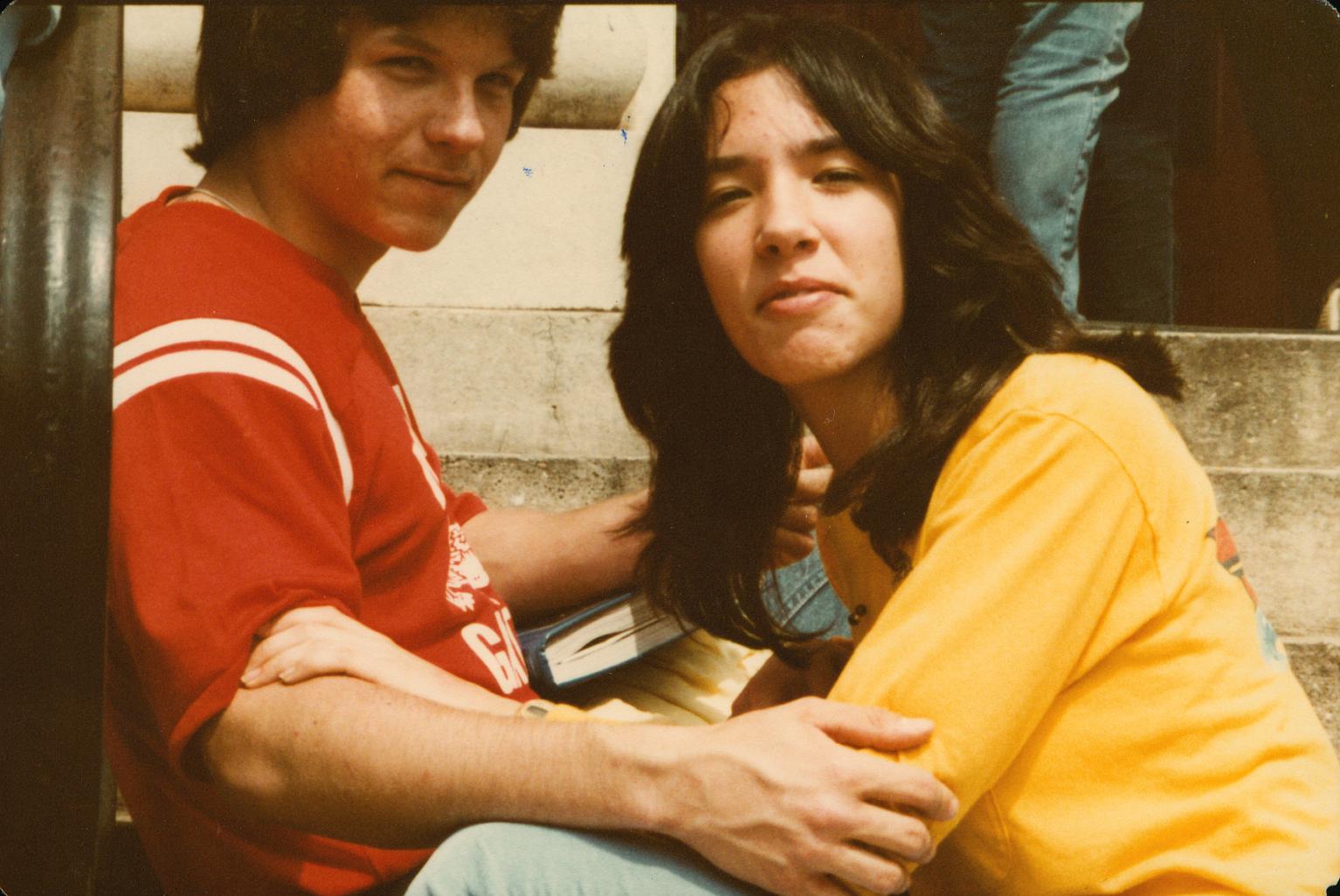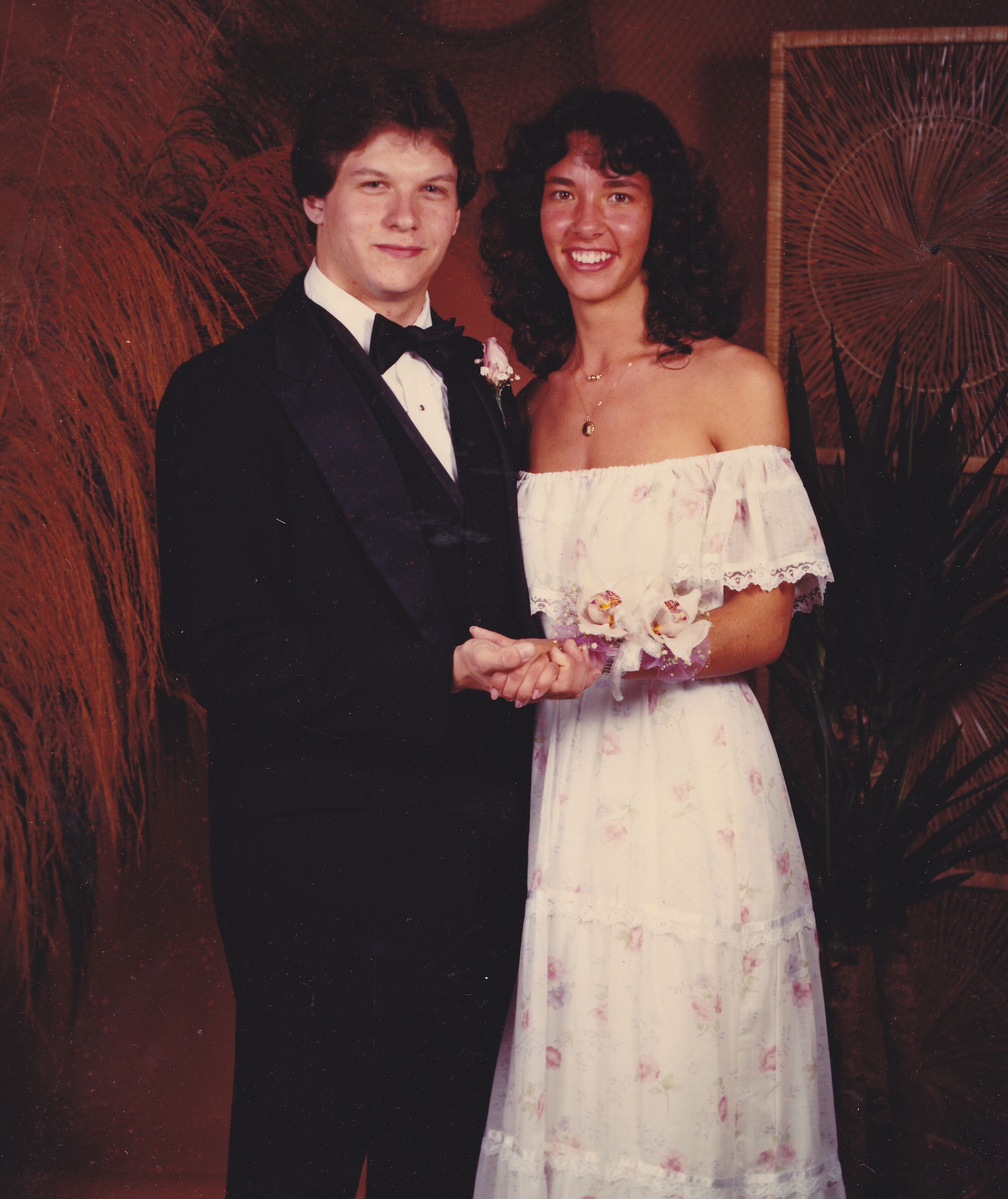This series has been a tribute to my late wife, Jill Rinehart, and a record of the grief I’ve struggled with since she died last October. The last installment was three weeks ago, on our anniversary. All the entries so far are linked at the bottom.
Today, as noted in the title, is my birthday.
Truth to tell, and also as noted in the title, it feels a little empty. From what I’ve learned, that’s natural for those of us who are grieving.
With respect to this “Unprepared for Regret” series, I won’t go so far as to say that I regret being born. I will admit that quite a few times in the past eight months I’ve considered that I might like to die, myself — most recently, in fact, around 11:30 last night. Yet, here I am.
Then, as I walked the dog this morning, I thought that there’s nothing inherent in or special about my birthday that causes me much regret with respect to Jill.
Obviously, I regret that she’s not here to wish me a happy birthday, just as I regret that we weren’t able to go on another adventure together like the one we took between our anniversary and my birthday in 2010:
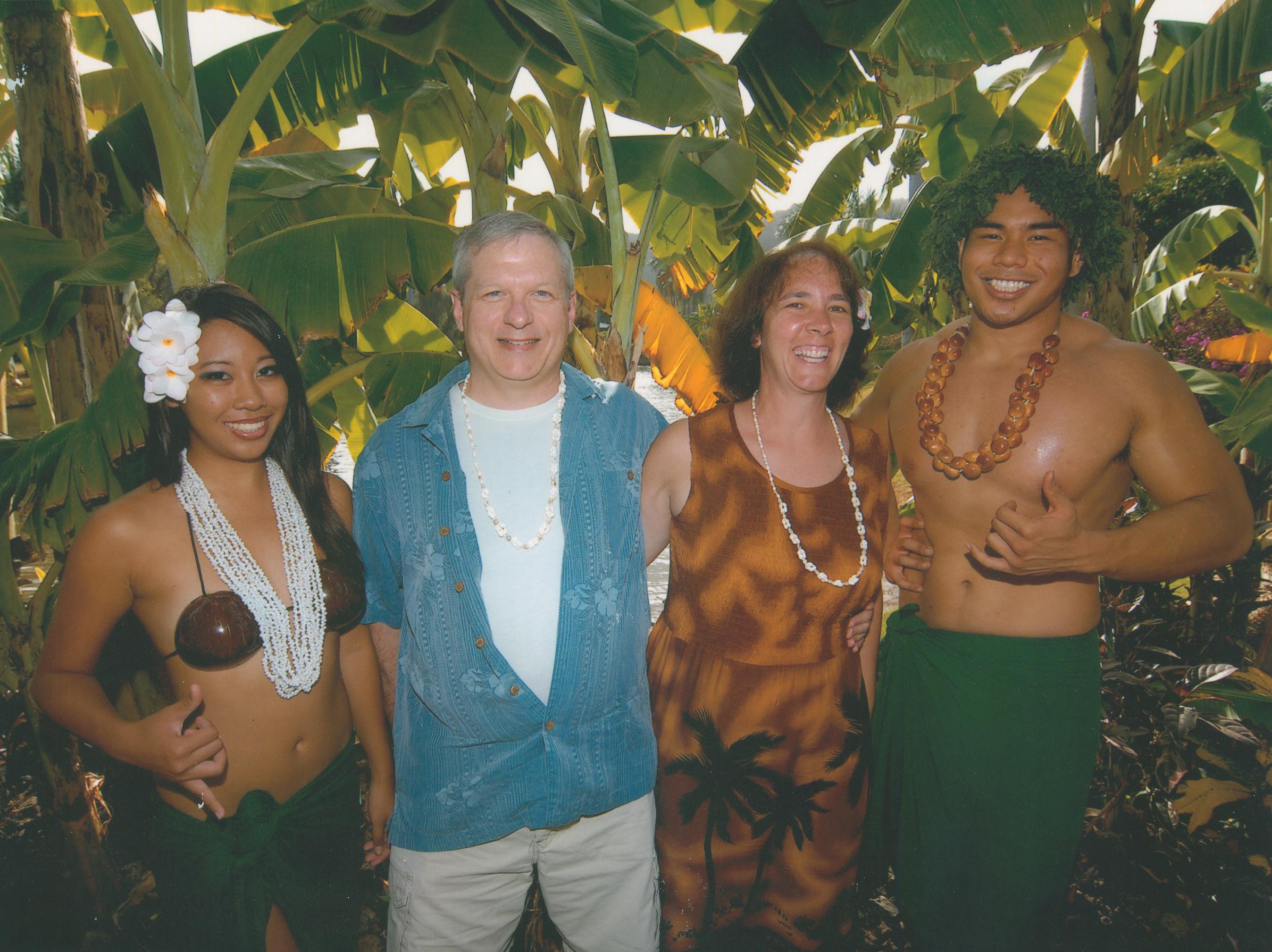
(With Jill on our 25th anniversary trip to Kauai, June 2010.)
Doesn’t she look happy? I believe that trip was one of the highlights of her life, and I’m thankful I was able to take her.
Over the past couple of days I’ve looked at birthday cards Jill gave me through the years, from funny ones to serious ones, some in which she wrote heartfelt notes and others in which she did little more than sign her name. I could trace some of the ups and downs of our marriage in the cards, and I regret that the collection seems to be incomplete. I don’t know if more cards are waiting to be discovered in a box somewhere, or if I failed to keep them. I don’t suppose it very much matters.
Then, this morning, I thought about the journals I kept from late 1993 through about 2008, and I decided to look at the entries around my past birthdays. That may have been a mistake, but what’s done is done.
I regret both that I didn’t start journaling earlier and that I eventually stopped making entries altogether. I was never that consistent about it — sometimes I made multiple entries a day, or wrote several pages at a sitting, and sometimes I went days without writing anything, or only wrote a sentence or two. Most of the entries I made on or around my birthdays are pretty mundane, though some are troubling and add to the hollowness of today.
- 1994 (the day after I had written down what I said to Christopher, that if it didn’t get dark we wouldn’t be able to see the stars, which I later wrote into a song): “Today is supposed to be a milestone of sorts. It feels more like I’ve slipped or tripped and I’m being trampled by other runners in whatever race this is. My problem continues to be emotional altruism, in which I spend so much time and effort trying to keep others happy I end up neglecting my own happiness and forgetting the impossibility of pleasing everyone all the time.
“I suppose this is one result of having never really grown up.” - 1995: “Jamie called to wish me a happy birthday, and asked me if I was invisible to young girls yet. I think I must be; I explained that when I’m in the airport I am much more the watcher than the watched….”
- 1996 (an entry that seems contradictory): “Uneventful day — happy birthday to me, traveling across the state and visiting with everyone we know.”
- 1997 (five separate entries that reflect my depression and the strain it was putting on our marriage):
1. “She [Jill] avoided answering my question yesterday, which was itself an answer. She does not know — and, unknowing, drives another stake through my heart.”
2. “I wish I could put my brain to sleep, so as not to think of these thoughts or dwell on these memories.”
3. “I wonder sometimes what I can do to help her be happy.
“I wonder if she has ever been happy, with me that is.”
4. “If I think she sees the situation through rose-colored glasses (‘old news,’ to her) or by the light of the torch she carries for him (she, the decrier of women who continue to love men who are bad to them), then it is only because I see it through the black glasses of hatred and fear, by the light of the demons who torture me with the truth and whose voices of mistrust torment me incessantly.”
5. “It was supposed to be a simple dinner – why must it remind me of another dinner so many years ago? Why did he insist on taking her out, and why did she agree to go? What did they talk about, reminisce about, laugh about? Was the conversation strained, and full of awkward silences, or light and ebullient and happy?
“Did she kiss him goodnight, or more, or less, and did she wish the night had ended differently?
“God, you have damned me to remember things I would rather forget, and forget things I ought to remember.
“I hate this.” - 1998, no entry.
- 1999: “Today I am old enough to serve as president of the United States, half of my allotted to threescore-and-ten.
“But it was a beautiful day, and I am sunburned and stuffed. A good day.” - 2000, no entry.
- 2001 (about to return to the US from Thule Air Base to go house-hunting in Virginia): “And the adventure continues. Only about eight hours before I see the family! What a great birthday present.”
- 2002: “What a contrast, between standing on the bow of the M/V SeaLaunch Commander this morning, watching the lights of Long Beach get bigger and brighter and closer, and sitting here on a 757 en route home. That was quiet (little wind since we’d slowed down) and peaceful as we slipped by the oil platforms — much different from the drone inside the plane, but different is not necessarily better.
“I’m going home — happy birthday to me!” - 2003, no entry.
- 2004, no entry. However, on the 25th of June, I wrote, “Probably should have recorded some insights on the milestone recently passed, except that I didn’t have any. It’s not insightful (or not in a good way) to forget that it’s your own birthday….“
I certainly haven’t forgotten that it’s my birthday this year. I’m not sure I could, as pointed and painful as the days can be sometimes. I ache to hear what I will never hear again: Jill telling me happy birthday, or that she loves me. And reading through those journals, I regret all the times I made it hard for her to love me.
Nevertheless, I’m grateful to know that there are still a few people in the world who are glad that I was born, and if you are one of them please know how very much I appreciate you. In these days of near-constant social and political turmoil, I think it’s good to remember that our most meaningful interactions are singular, one-on-one, and that how we relate to the individuals we know means more than what we think about those we don’t know. As I was walking this morning, I remembered something that Alexander Solzhenitsyn wrote in The Gulag Archipelago, that made such an impact on me that I wrote it down in my collection of quotes: “Our envy of others devours us most of all. Rub your eyes and purify your heart — and prize above all else in the world those who love you and who wish you well.”
I’m going to put that into practice today. As much as I am missing my wife, I am still grateful: that my children will come over later for supper and maybe a game, that I will have a birthday greeting or two on social media, that I have a home and a dog and a job and wonderful friends and family.
Hopefully I can fill the hollow space inside me with gratitude.
___
Previously in the series:
– Unprepared for Regret
– Unprepared for Regret, Part II: Valentine’s Day
– Unprepared for Regret, Part III: Jill’s Last Day
– Unprepared for Regret, Part IV: The Day Jill Died
– Unprepared for Regret, Part V: Six Months Gone
– Unprepared for Regret, Part VI: Our Anniversary




